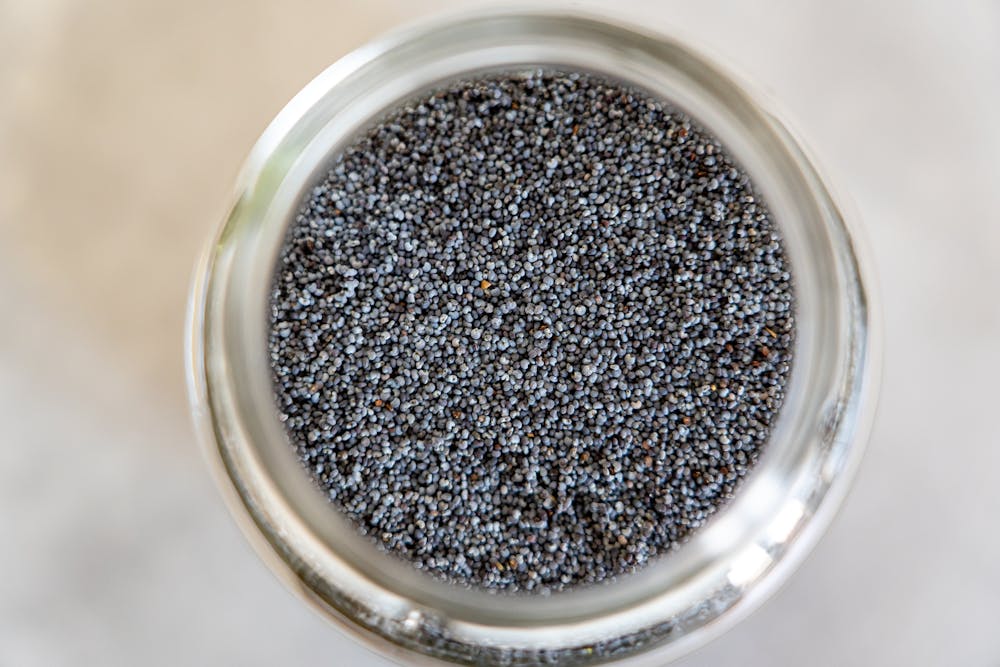As I delve into the realm of nutrition and wellness, I’ve come to appreciate the critical role that fiber plays in promoting digestive health and supporting weight management. Fiber, a type of carbohydrate found in plant-based foods, is renowned for its myriad health benefits and is essential for maintaining optimal well-being. Here’s what I’ve learned about the importance of fiber in digestive health and weight management:
 **Promoting Digestive Health:**
**Promoting Digestive Health:**
 Fiber is indigestible by the human body, meaning it passes through the digestive system relatively intact. This unique characteristic allows fiber to perform several essential functions that support digestive health:
Fiber is indigestible by the human body, meaning it passes through the digestive system relatively intact. This unique characteristic allows fiber to perform several essential functions that support digestive health:
 1. **Promoting Regularity:** Fiber adds bulk to stool, softens it, and helps move it through the digestive tract efficiently. By preventing constipation and promoting regular bowel movements, fiber reduces the risk of digestive disorders such as hemorrhoids, diverticulosis, and colorectal cancer.
1. **Promoting Regularity:** Fiber adds bulk to stool, softens it, and helps move it through the digestive tract efficiently. By preventing constipation and promoting regular bowel movements, fiber reduces the risk of digestive disorders such as hemorrhoids, diverticulosis, and colorectal cancer.
 2. **Supporting Gut Microbiota:** Fiber serves as fuel for beneficial bacteria in the gut, known as probiotics. These bacteria ferment fiber in the colon, producing short-chain fatty acids (SCFAs) that nourish the cells lining the colon and support overall gut health. A diverse and balanced gut microbiota is associated with a reduced risk of inflammatory bowel diseases and improved immune function.
2. **Supporting Gut Microbiota:** Fiber serves as fuel for beneficial bacteria in the gut, known as probiotics. These bacteria ferment fiber in the colon, producing short-chain fatty acids (SCFAs) that nourish the cells lining the colon and support overall gut health. A diverse and balanced gut microbiota is associated with a reduced risk of inflammatory bowel diseases and improved immune function.
 3. **Regulating Blood Sugar Levels:** Soluble fiber, found in foods like oats, beans, and fruits, can help stabilize blood sugar levels by slowing the absorption of glucose into the bloodstream. This can help prevent spikes and crashes in blood sugar levels, reducing the risk of insulin resistance, type 2 diabetes, and metabolic syndrome.
3. **Regulating Blood Sugar Levels:** Soluble fiber, found in foods like oats, beans, and fruits, can help stabilize blood sugar levels by slowing the absorption of glucose into the bloodstream. This can help prevent spikes and crashes in blood sugar levels, reducing the risk of insulin resistance, type 2 diabetes, and metabolic syndrome.
 4. **Lowering Cholesterol Levels:** Certain types of fiber, such as soluble fiber, can help lower LDL cholesterol levels by binding to cholesterol in the digestive tract and promoting its excretion from the body. By reducing LDL cholesterol levels, fiber helps protect against cardiovascular disease and stroke.
4. **Lowering Cholesterol Levels:** Certain types of fiber, such as soluble fiber, can help lower LDL cholesterol levels by binding to cholesterol in the digestive tract and promoting its excretion from the body. By reducing LDL cholesterol levels, fiber helps protect against cardiovascular disease and stroke.
 **Supporting Weight Management:**
**Supporting Weight Management:**
 In addition to its digestive health benefits, fiber plays a crucial role in supporting weight management and promoting satiety:
In addition to its digestive health benefits, fiber plays a crucial role in supporting weight management and promoting satiety:
 1. **Increasing Satiety:** High-fiber foods take longer to digest and promote a feeling of fullness and satisfaction after meals. By adding bulk to meals without adding excess calories, fiber helps prevent overeating and promotes weight control.
1. **Increasing Satiety:** High-fiber foods take longer to digest and promote a feeling of fullness and satisfaction after meals. By adding bulk to meals without adding excess calories, fiber helps prevent overeating and promotes weight control.
 2. **Reducing Caloric Density:** Fiber-rich foods such as fruits, vegetables, whole grains, beans, and legumes tend to have a lower caloric density than processed and refined foods. By choosing fiber-rich foods as part of a balanced diet, individuals can increase their food volume while reducing their overall calorie intake, making weight management more achievable.
2. **Reducing Caloric Density:** Fiber-rich foods such as fruits, vegetables, whole grains, beans, and legumes tend to have a lower caloric density than processed and refined foods. By choosing fiber-rich foods as part of a balanced diet, individuals can increase their food volume while reducing their overall calorie intake, making weight management more achievable.
 3. **Slowing Digestion:** Fiber slows the rate at which food moves through the digestive tract, which can help prevent rapid spikes in blood sugar levels and promote a steady release of energy throughout the day. By stabilizing blood sugar levels and reducing cravings for sugary and high-calorie foods, fiber supports healthy eating habits and weight management efforts.
3. **Slowing Digestion:** Fiber slows the rate at which food moves through the digestive tract, which can help prevent rapid spikes in blood sugar levels and promote a steady release of energy throughout the day. By stabilizing blood sugar levels and reducing cravings for sugary and high-calorie foods, fiber supports healthy eating habits and weight management efforts.
 In conclusion, fiber is a fundamental nutrient that plays a crucial role in promoting digestive health and supporting weight management. By incorporating a variety of fiber-rich foods into our diets, such as fruits, vegetables, whole grains, beans, and legumes, we can reap the many benefits that fiber has to offer. As I continue to prioritize my health and well-being, I’m committed to embracing a fiber-rich diet and reaping the rewards of improved digestive health, enhanced satiety, and sustainable weight management.
In conclusion, fiber is a fundamental nutrient that plays a crucial role in promoting digestive health and supporting weight management. By incorporating a variety of fiber-rich foods into our diets, such as fruits, vegetables, whole grains, beans, and legumes, we can reap the many benefits that fiber has to offer. As I continue to prioritize my health and well-being, I’m committed to embracing a fiber-rich diet and reaping the rewards of improved digestive health, enhanced satiety, and sustainable weight management.



